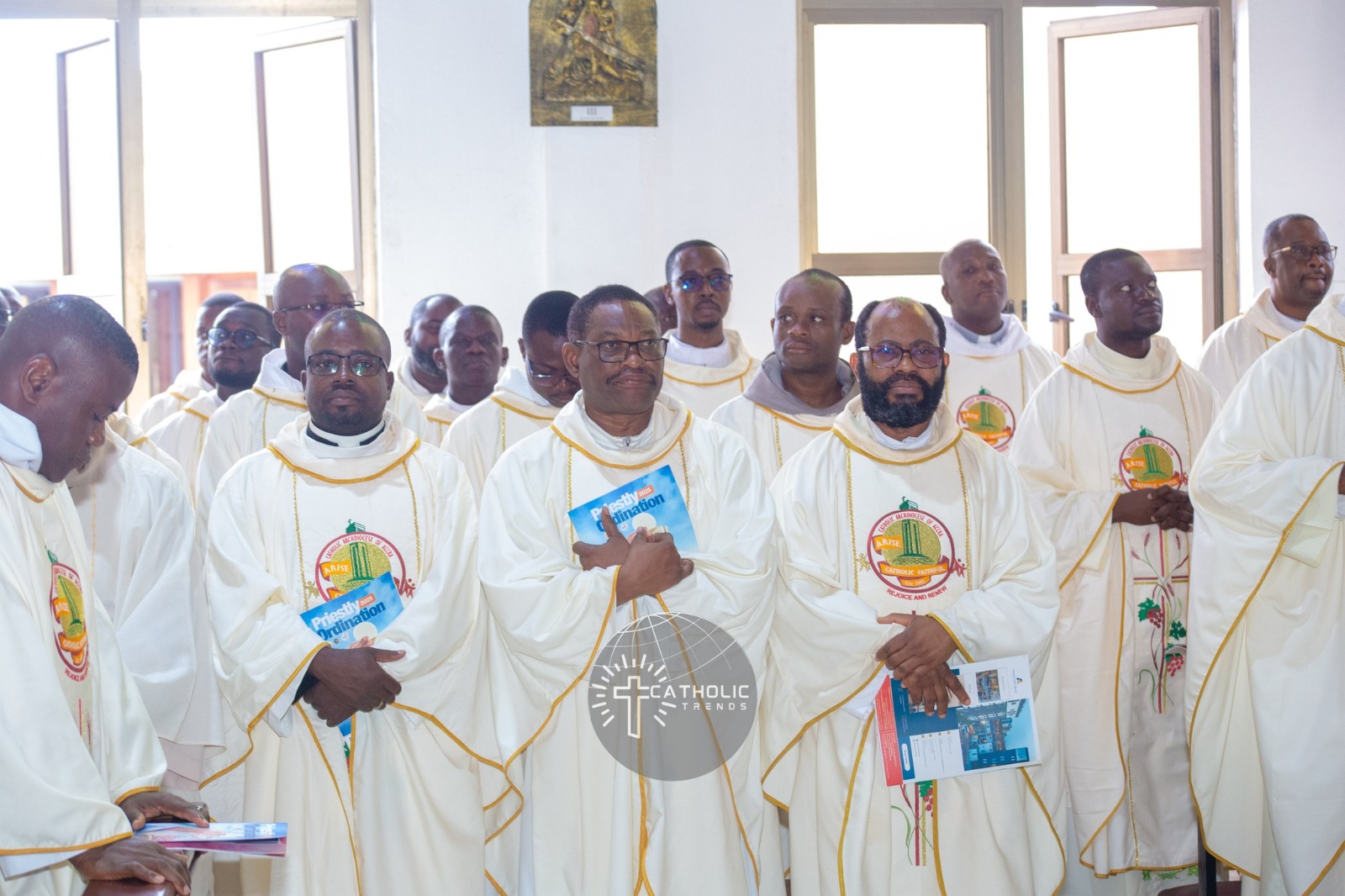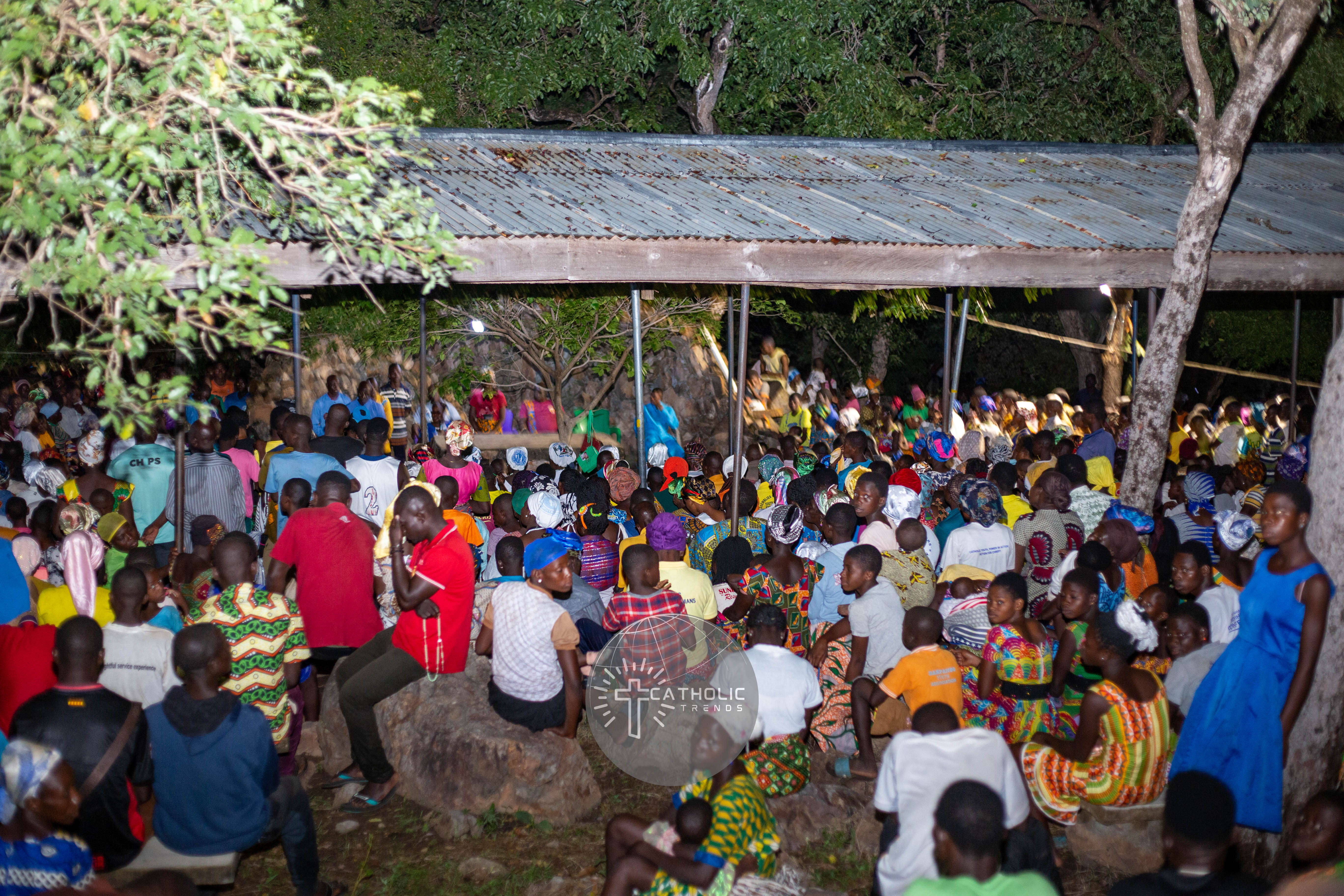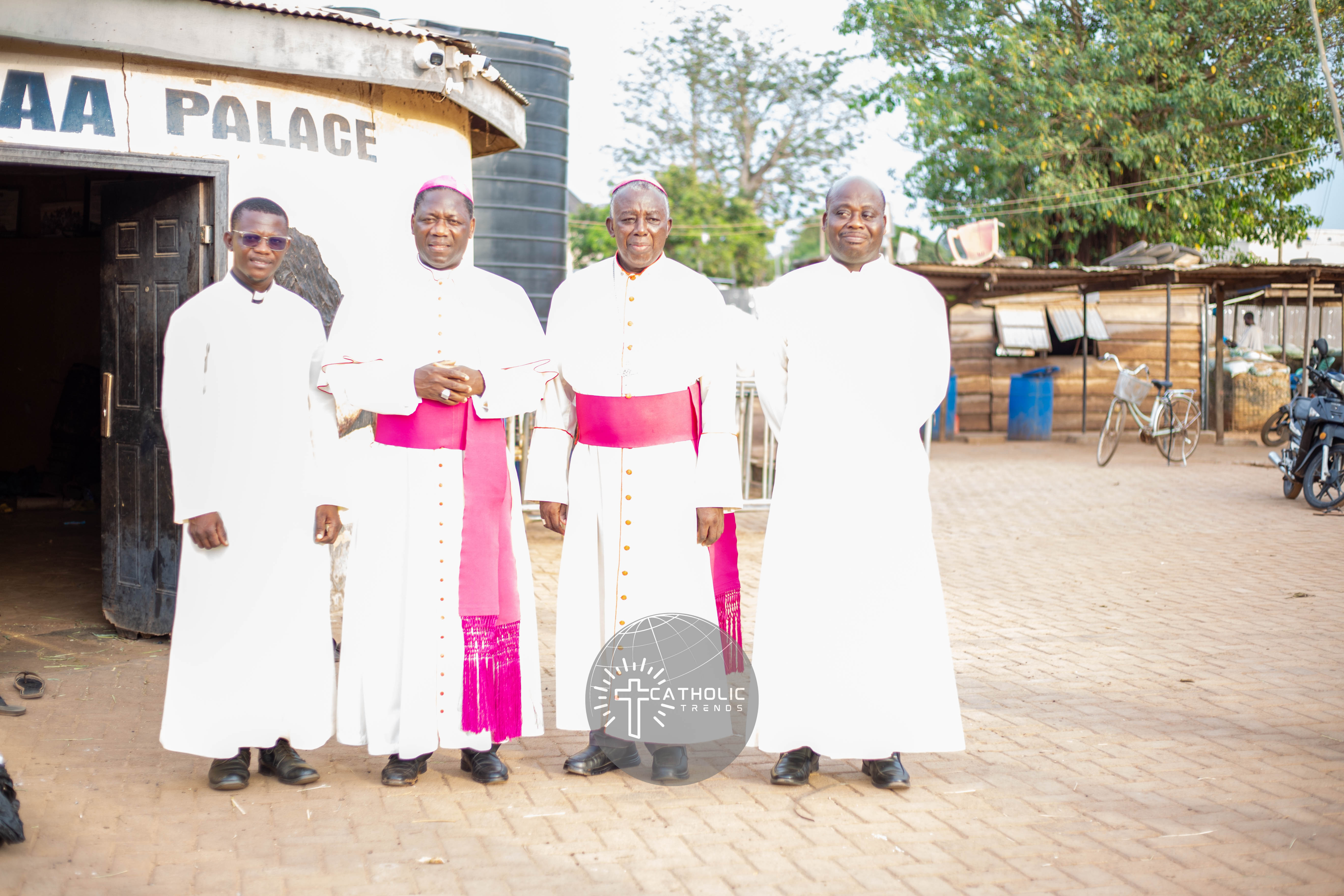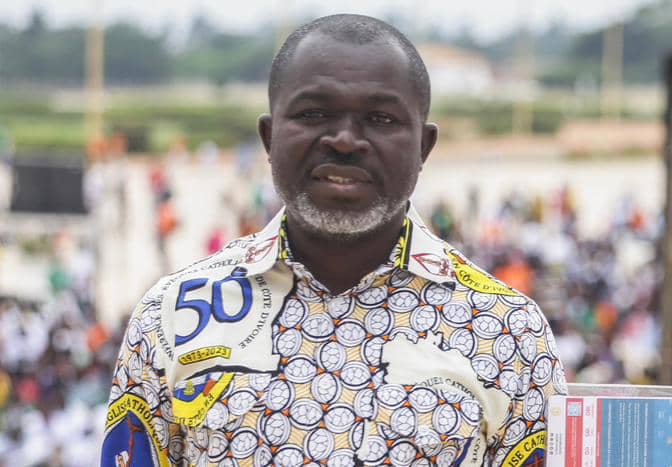Juba, Fr. Luka Dor Aghoor Dor – The Catholic Bishops of the Ecclesiastical Province of South Sudan have raised an alarm over the country’s deteriorating security and humanitarian situation. Questioning the nation’s apparent return to bloodshed and instability.
In a message, signed by Cardinal Stephen Ameyu Martin Mulla and seven other Bishops to the government and people of South Sudan, the Bishops say they “Are now asking and wondering, as shepherds of the people and fellow citizens: How can South Sudan allow itself to return to this unfortunate spiral of conflict and large-scale violence?”
“Have we not suffered enough from the deadly guns and senseless killings in our past bitter experiences? Have we not seen too often how violence has silenced the hopes of our people and crippled peace and development?” the statement added.
The message follows a week-long meeting of the Bishops held in Juba from 7–11 July 2025 under the theme: “Let justice and peace embrace” (Psalm 85:10). In it, the prelates expressed “deep sorrow and grave concern” at the sharp rise in insecurity and political violence in the country.
“The past few months of the year 2025 have witnessed a rise in violence and insecurity. This is plunging our people once again into fear, displacement, suffering and hopelessness,” the Bishops noted.
They detailed a harrowing list of atrocities saying lamenting, “Reports of aerial bombardments and shelling, armed ambushes on roads, rivers and highways, military confrontations, shrinking of civic space and media restrictions, deadly clashes at cantonment sites and villages, abductions and rapes, devastating raids at community levels, detentions and alarming hostilities and insecurity across South Sudan.”
With civilians bearing the brunt of the crisis, the bishops warned that military force is wrongly replacing dialogue as the default means of resolving differences.
“All these are happening because of the lack of the implementation of the security arrangements as stipulated in the Revitalised Peace Agreement of 2018. However, military action is being wrongly embraced instead of genuine dialogue, as a solution to addressing political and social differences.”
They openly questioned the motives of the nation’s leaders, asking, “Do you really have this country and its people in your hearts or are you only concerned and obsessed with pursuit of power and wealth?”
The bishops also made a passionate call for unhindered humanitarian access to vulnerable populations and for tax exemptions on aid supplies.
“We call for immediate, unimpeded humanitarian access across all conflict zones. This includes establishment of protected corridors for aid delivery, granting tax exemption on humanitarian goods for faith-based and humanitarian organisations serving the vulnerable and suffering people of South Sudan,” they said.
Echoing the words of the late Pope Francis during his 2023 visit to Juba, the bishops reminded leaders of the need to maintain peace.
“Brothers and sisters, it is time for peace! … No more bloodshed, no more conflicts, no more violence and mutual recriminations about who is responsible for it; no more leaving your people athirst for peace … it is time to turn the page.”
They equally quoted Fratelli Tutti to emphasise the futility of war: “War is a failure of politics and humanity, a shameful capitulation, a stinging defeat before the forces of evil.”
To the priests, religious, and catechists ministering amidst the suffering, they encouraged resilience:
“Do not lose heart! You are called to be living signs of hope.”
And to all Christians and people of goodwill, the prelates urged them to “Stand firm in faith, love and hope. Reject despair, practice forgiveness, and boldly witness to peace in word and deed.”
The statement coincided with South Sudan’s 14th Independence Anniversary, a moment the bishops described as a time for reflection and renewal.
“Let this Jubilee Year of Hope be a new dawn for South Sudan. Let it be a time of national conversion and reconciliation, a moment when the guns are totally silenced all over, and the wounds begin to heal among the communities, the politicians and the military and armed groups.”










![[Article] Beginning Holy Matrimony without the bride and, or the groom? – Part 1](https://catholic-trends.com/wp-content/uploads/2025/05/4.jpg)







Discussion about this post